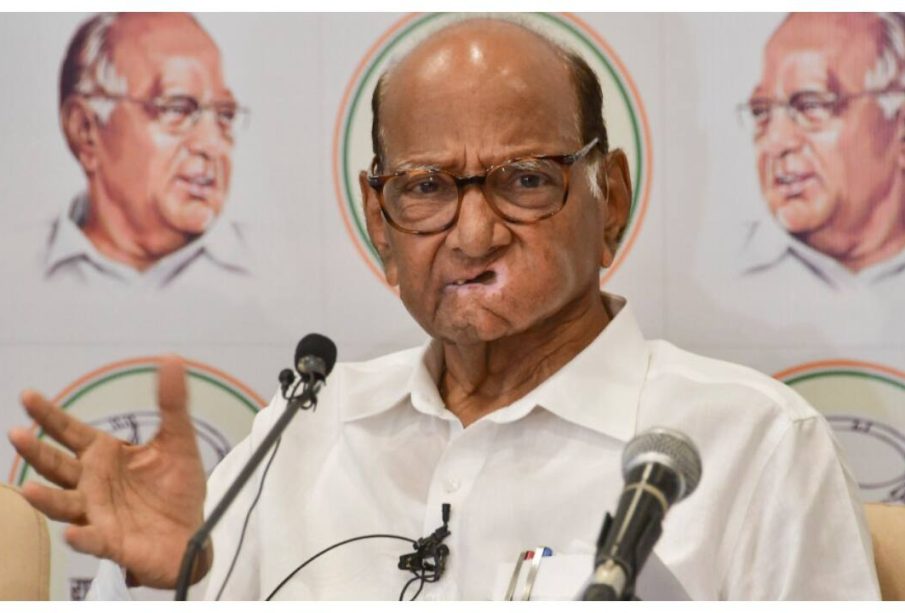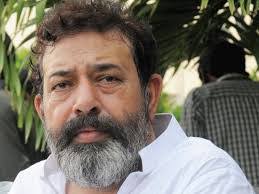Sharad Pawar: A Pillar of Indian Politics

Introduction
Sharad Pawar, a veteran politician and founder of the Nationalist Congress Party (NCP), has been a pivotal figure in Indian politics for over five decades. His influence extends across Maharashtra and the national political landscape, making him a critical player in shaping policy and governance. Understanding Pawar’s contributions and recent developments surrounding him is essential for grasping the dynamics of contemporary Indian politics.
Political Career and Achievements
Born on December 12, 1940, in Baramati, Maharashtra, Pawar began his political journey at a young age. He entered the legislative assembly in 1962 and held various significant positions, including Chief Minister of Maharashtra and Union Minister for Defence. His political acumen is impressive, with the ability to adapt and navigate various political alliances, contributing to his long-standing relevance in the political arena.
Pawar founded the NCP in 1999 after a split from the Indian National Congress, focusing on regional identity and issues specific to Maharashtra. Under his leadership, the NCP has played an essential role in coalition governments, most notably in the Maharashtra government alongside the Shiv Sena and Congress.
Recent Developments
Recent months have seen Sharad Pawar taking center stage in various political discussions, especially following the 2024 general election announcement. In a strategic move, he has initiated discussions with other opposition leaders to forge a united front against the BJP, which has raised concerns regarding the future of regional parties in India.
Moreover, Pawar’s recent health issues brought significant media attention, underscoring his integral role not just to the NCP but to Maharashtra’s political stability. His ability to recoup from health adversities has further solidified his image as a resilient leader.
Conclusion
Sharad Pawar’s legacy in Indian politics is marked by his adaptability, strategic prowess, and a deep understanding of regional dynamics. As the political scene continues to evolve, particularly with the impending 2024 elections, his influence remains significant. Pawar’s ability to unify different factions could be crucial in determining the direction of future governance in Maharashtra and beyond. Observers and political analysts will undoubtedly keep a close eye on his next moves, as they hold substantial implications for the opposition’s strength and the democratic fabric of India.









